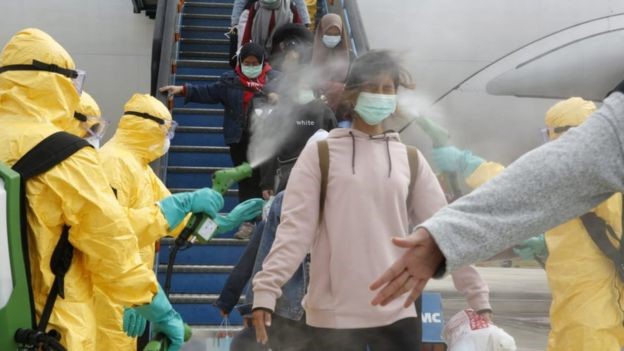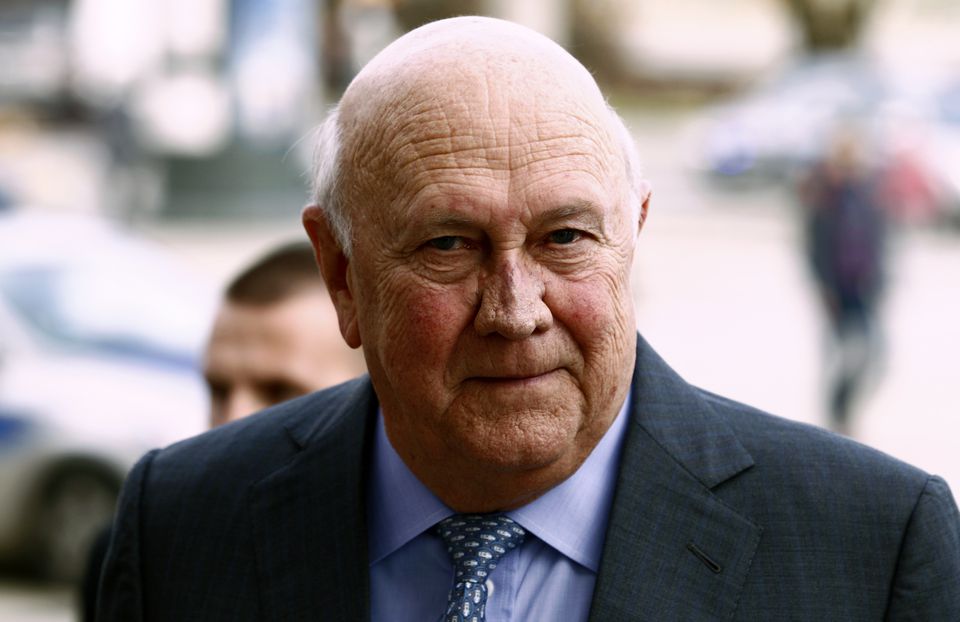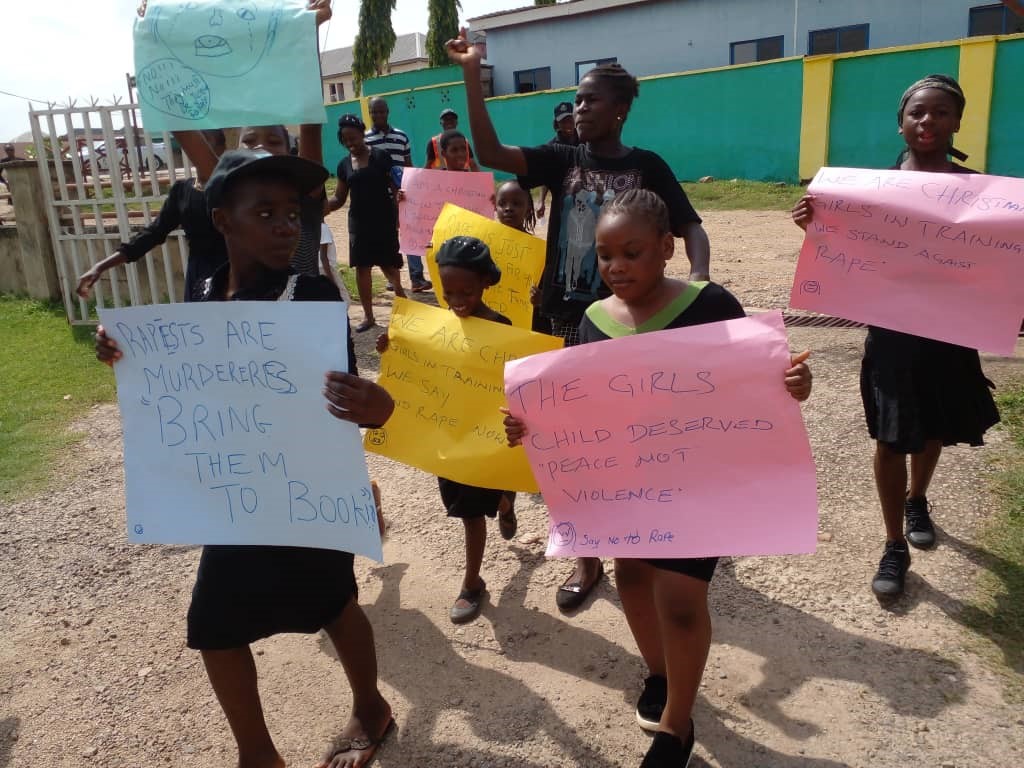
Measles
Measles cases are increasing globally, says WHO
According to a World Health Organisation (WHO) report, the number of reported cases of measles outbreak in America increased from 12 cases in 2016 to 775 in 2017 and 16,689 in 2018.
The report said that in Africa, reported cases of measles stood at 36,269 in 2016, 72,603 in 2017 and 55,445 in 2018.
This new report released WHO indicates an alarming increase in the number of reported cases of measles in all regions of the world.
WHO released the data on the state of measles outbreak globally, from 2016 to 2018, on its website on Saturday in commemoration of the 2019 “World Immunisation Week” held on the last week of April annually.
According to the report, the number of reported cases of measles outbreak in America increased from 12 cases in 2016 to 775 in 2017 and 16,689 in 2018.
It said that in Africa, reported cases of measles stood at 36,269 in 2016, 72,603 in 2017 and 55,445 in 2018.
The report said that although the African region saw a decline in number of cases in 2018, it remained the region with the highest burden of the disease.
The report said this was because Africa still suffered greatly from poverty and conflict increasing the challenge of access to vaccine services.
It also said that although cases of measles have been increasing globally in recent years jeopardising decades of efforts, the number of deaths has, however, drastically reduced from the 1960’s to date.
“Based on the latest data, measles case reports doubled globally from 2017 to 2018 with all regions of the world experiencing large and often protracted outbreaks of the disease.
“The America(n)s experienced a sharp increase from 12 cases in 2016 to 775 in 2017 and 16,689 in 2018 while Europe had 4,363 cases in 2016, 24,356 cases in 2017 and 83,540 in 2018.
“Africa had 36,269 cases in 2016, 72,603 reported cases in 2017 and a decline to 55,445 cases in 2018. For Eastern Mediterranean, cases of measles increased from 6,275 in 2016 to 36,427 in 2017 and 57,054 cases in 2018.
“In South-East Asia cases of measles increased from 27,530 in 2016 to 28,474 in 2017 and 82,929 in 2018. The Western Pacific had a total number of 57,879 cases in 2016, 10,695 cases in 2017 and 30,388 cases in 2018.
“According to preliminary WHO data, measles increased by around 300 per cent globally in the first three months of 2019, compared to the same time last year, with sizeable rises in all regions of the world.
“In 1963, measles alone caused approximately 2.6 million deaths every year but today, it has been reduced to 110,000 which indicate a 95 per cent reduction.
“The reasons for children not getting their vaccines are diverse. The majority are the consequence of a fundamental lack of access to vaccination services with Sub-Saharan Africa having the lowest coverage and accounting for the largest part of the increase and the greatest burden of cases,” the report said.
The report said that globally, some countries were particularly peculiar with fewer than half of the children in these countries getting immunized thereby accounting for 60 per cent of global figures.
It listed the countries to include: Afghanistan, Angola, the Democratic Republic of Congo, Ethiopia, India, Indonesia, Iraq, Nigeria, Pakistan, and South Africa.
The world health body said that most of the un-vaccinated in these countries were living in areas where there were serious poverty and conflict.
It said that this caused them to constantly be on the move making it a challenge to receive access to immunization services.
WHO said that in regions with historically high rates of immunization however, complacency from parents, health providers, government and politicians played a role in the increase of outbreak.
“Measles is in itself very serious. Even in high-income countries, the disease results in hospitalization in up to a quarter of cases but experts warn it can also be ‘a litmus test’ of things to come.
“85 per cent of the world’s children which increased from around 20 per cent back in 1980 now receive essential lifesaving vaccines protecting them and their communities against not only measles but also diphtheria, tetanus, pertussis (whooping cough), hepatitis B and polio.
“This level of protection comes through a strong global push to increase vaccine access and affordability with support in recent decades from new partnerships like GAVI, the vaccine alliance which is focusing on expanding vaccine availability in the poorest countries and the Measles & Rubella Initiative.”




Recent Comments